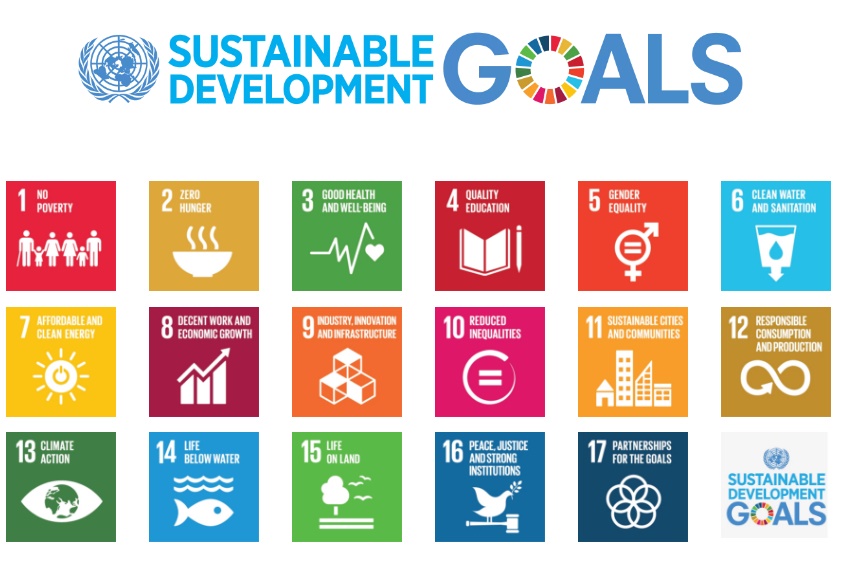UN exec bats for sustainable development
BANGKOK – Sustainable development as an economic philosophy is the “way forward” in order for development to cater to the needs of the present and future generations in developing countries, a United Nations official said in a conference here Wednesday.
Stefanos Fotiou, director of environment and development division in the UN Economic and Social Commission for Asia and the Pacific (UNESCAP), vouched for the model of sustainable development in the conference “Sustainable Development Challenges in Asia” at the Dusit Thani hotel here.
Fotiou spoke in the conference organized a day before the 70th anniversary of the accession to the throne of His Majesty the King Bhumibol Adulyadej of Thaiand, the world’s longest reigning monarch.
The UN official cited the three main challenges to achieving sustainable development: non-sustainable management of natural resources, the increase in inequality of income and opportunities, and the non-increased participation of many stakeholders in development planning.
He said the Asia Pacific region has not made progress in dealing with the challenges of income inequality and deforestation.
“Sustainability is the only way forward because the business as usual way, the way we’re doing business, the way we’re doing development planning, has proven that it cannot cover the needs of today and of the future,” Fotiou said.
He said the way forward to sustainability is to integrate its three dimensions – economy, resources and the environment.
He said developing countries in the Asia Pacific region usually prioritize the economy in the development planning stage instead of putting resources and environment at a “higher level of the development plan.”
Economic development vs economic growth
Fotiou said by focusing on economy and not integrating it with resource-management and environmental protection, the result is not economic development but economic growth not felt by the people.
“If we want to be sincere and open to ourselves, I do believe, we must admit that economy was always coming first. What’s actually prioritized was not economic development, but economic growth. What was prioritized was the sole term growth,” he said.
READ: Economic growth isn’t ‘development’
“We want to make justice to sustainable development, to integrate the environment and resources dimension into a higher level of development plan. It’s clear that with more constraints to natural resources, we can’t do economy without having an environmental management,” Fotiou said.
The challenge, he said, is how to operationalize sustainable development, and the UN official lauded the King of Thailand’s efforts to do so.
He cited the “sustainable economy philosophy” propagated by Adulyadej through the Royal Chitralada Project, a livelihood and agriculture research center right on the Palace grounds where the King funded rice paddies, dairy farms, aquaculture, milk processing plants, and even energy plants as a model for sustainable development.
Royal Project also exports products to nearby provinces in Thailand. Waste materials in the project are reused to manufacture different products, such as the use rice husks for fuel bricks.
Sustainable development goals
“In all these efforts, we’re looking at the example of sufficient economic philosophy as a practical approach that could be used to operationalize the 2030 agenda and the Sustainable Development Goals (SDGs),” Fotiou said.
The SDGSs targeted to be achieved by 2030 are: poverty elimination; zero hunger; good health and well being; quality education; gender equality; clean water and sanitation; affordable and clean energy; decent work and economic growth; resilient industry and infrastructure to foster innovation; reduced inequalities; sustainable cities and communities; responsible consumption and production; action against climate change impact; sustainable use of the oceans, seas and marine resources; protection and sustainable use of ecosystem and biodiversity; peace, just and strong institutions; and partnerships for sustainable development.
The UN official said though that “there has been criticisms about the SDGs that they are very aspirational but they are not operational.”
READ: Science and sustainable development
He said it would be unfair to compare different countries about their SDGs because each has its own “measure of assessment.”
He said through Adulyadej’s philosophy for sustainable development, “many institutions in Thailand and the Thailand’s way of doing business is putting the sufficient economic philosophy at the core of their development process.”
“The sufficient economic philosophy could be, for Thailand, the best tool to operationalize the aspirations of the 2030 agenda and the sustainable development goals,” Fotiou said. IDL
